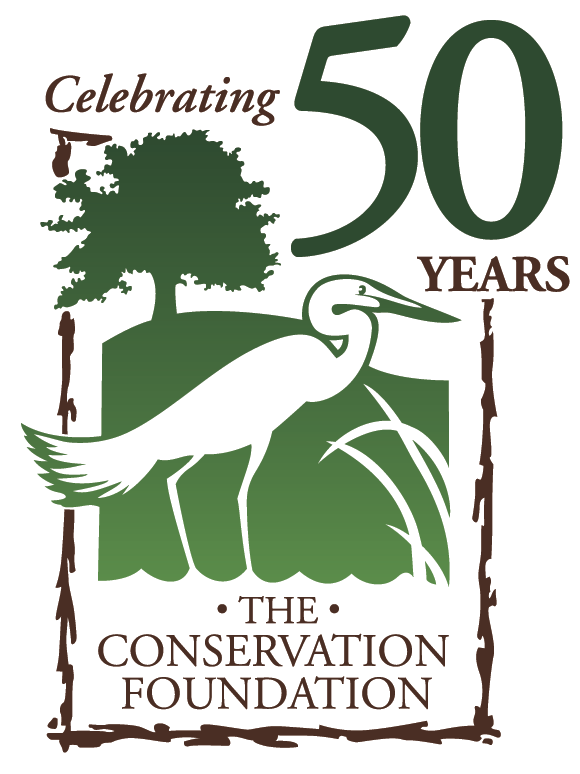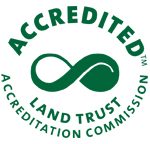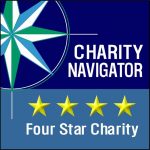Ways TCF Works
FOR CLEAN WATER
Water quality improvement takes place across many landscapes and takes many forms. We are knee-deep with the wader-clad volunteers pulling trash out of local streams, at the conference table with community leaders, writing stormwater ordinances, and everywhere in between.
Whether you are a stay-at-home mom, a retiree or a stormwater professional, there’s a way for you to help improve the health of our local rivers and streams!
Working With
Watershed groups
The Conservation Foundation works collaboratively, in many innovative ways to protect and improve the health of our rivers and streams and ultimately our communities. The basis of much of the watershed work we do is based on strong relationships with stakeholders that we have built over many years in the DuPage, Fox and Des Plaines River and Salt Creek watersheds. We have tailored our work to needs of each watershed in different ways.
DuPage River Salt Creek Workgroup
For the DuPage River Salt Creek Workgroup (DRSCW) we are both a founding member and have provided technical and support staffing through contracts since 2004.
Lower DuPage River Watershed Coalition
In 2010 we lead a watershed planning effort in the Lower DuPage River that led to the formation of the Lower DuPage River Watershed Coalition in 2012, where we also provide technical and support staffing through con-tracts.
Lower Des Plaines Watershed Group
Based on our years of experience with these two watershed groups we were asked to assist communities in the Lower Des Plaines area to form and staff what became the Lower Des Plaines Watershed Group.
Fox River Initiative

Lower DES PLAINES river
watershed GROUP
The Lower Des Plaines Watershed Group formed in 2017 by municipalities, wastewater treatment plants and industry to proactively address water quality issues and new regulatory requirements.
The Conservation Foundation was approached to assist in the formation of this new group and provide technical staffing and support modeled after our work with the DuPage River Salt Creek Workgroup and the Lower DuPage River Watershed Coalition. The Foundation is active in the Watershed group in two ways – one as a member bringing our outreach and networking expertise to the table and second through a service contract to provide technical and support staffing. This unique relationship provides benefits to both organizations and results in more clean and healthy streams.
Lower Des Plaines Watershed Group Activities:
- Long-term monitoring program collecting fish, bug, habitat and chemistry data at 170+ stations to assess stream health
- Using scientific data to guide resource management activities
- Seasonal outreach campaigns
- Assisting municipalities to meet regulatory requirements
- Salt Smart Collaborative Partner
Lower Des Plaines Watershed Boundary
To learn more about the Lower Des Plaines Watershed Group visit their website here.
EMPowering
citizens

SaltSmart
Collaborative
The SaltSmart Collaborative is coordinated through The Conservation Foundation and supported by the Lower DesPlaines River Watershed Group, the Lower DuPage River Watershed Coalition and the Northwest Water Planning Alliance as a place to learn, share and join forces to reduce the amount of chlorides reaching our local rivers and streams.
Salt helps to keep our roads and sidewalks safe during the winter, but this salt often makes its way to our local rivers. While salt use is necessary to increase winter safety, we work with municipalities, private companies and residents to be Salt Smart to keep people safe and protect our local water quality.
Click here to learn all about becoming SaltSmart at the SaltSmart Collaborative.



